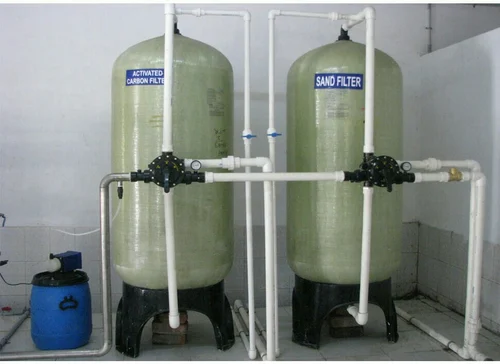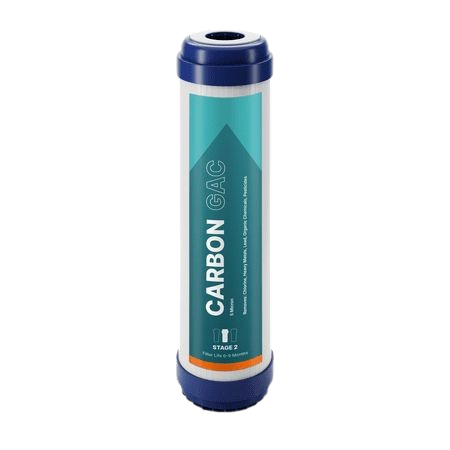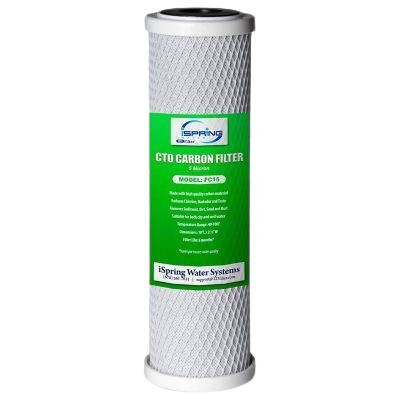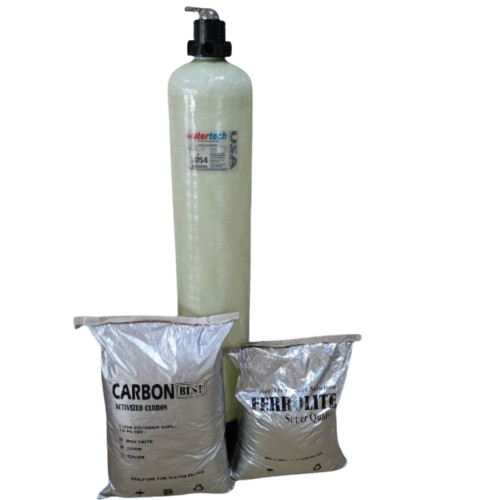Carbon Filter
Our activated carbon filters are designed to remove impurities and contaminants from rainwater, ensuring clean and safe water for various uses.

How Carbon Filters Work
Activated carbon filters use a bed of activated carbon to remove impurities from rainwater. As water flows through the carbon, impurities are adsorbed, and clean water passes through.
Benefits of Carbon Filters
– Effective removal of chlorine, taste, and odor
– Removal of volatile organic compounds (VOCs) and pesticides
– Improvement of water clarity and appearance
– Long-lasting and durable
– Low maintenance and operating costs
Applications of Carbon Filters
– Removal of chlorine and disinfection byproducts
– Improvement of taste and odor
– Removal of VOCs and pesticides
– Pre-treatment for reverse osmosis and ultrafiltration systems
Types of Carbon Filters We Offer
We offer various types of carbon filters to suit different applications and requirements. Each type of carbon filter has its unique characteristics, advantages, and uses.

Granular Activated Carbon (GAC) Filters
High flow rates and treatment capacities. Effective removal of suspended solids and sediment. Commonly used in municipal water treatment plants and industrial processes

Block Activated Carbon Filters
High-density carbon block for better contaminant removal - Effective removal of lead, mercury, and other heavy metals - Often used in under-sink water filtration systems

Catalytic Carbon Filters
Our catalytic carbon filters are designed to provide enhanced removal of contaminants and impurities from rainwater. These filters combine the adsorption properties of activated carbon with the catalytic properties of other materials.

